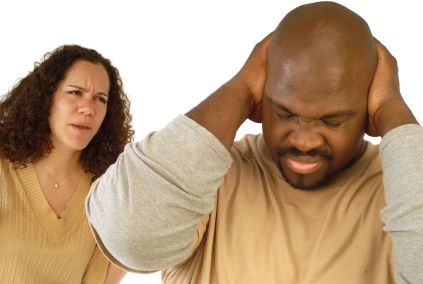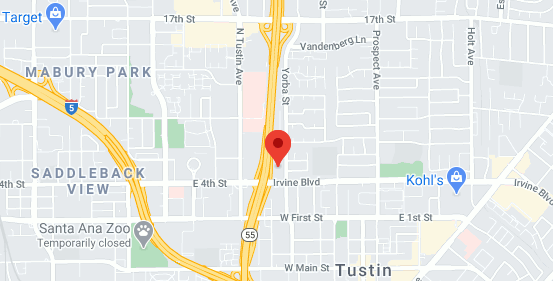
In What Kinds of Activities Are Sex Addicts Involved?
Definitions of addiction are controversial and vary greatly. I prefer to let you decide what to call your problem – whether it’s an addiction, a compulsion, a habit or a way you’ve found to deal with your particular struggles, if you are ready to change your behaviors and get back on track to a healthier, happier, more productive life then give me a call and begin the process.
To help you assess whether the substance or behavior has gotten out of control or is interfering with your life, consider these common symptoms of addiction:
- Health: stress, anxiety, depression, loss of concentration, lack of, or excessive sleep, neglect of self-care (diet, exercise, avoiding doctors), hangovers, medical problems,
- Relationship: divorce/separation, unhappy/disappointed partner, loss of time with children, neglect of relationship, lack of the kind of relationship you’d like to have, avoiding family functions, poor relationships with parents/siblings/children
- Financial: spending more than desired on the behavior or substance, losing money in lost work or legal issues, loss of productivity or advancement at work, less earning due to time spent in the activity, or less energy, or excessive absenteeism or being distracted at work
- Occupational: job losses, being less productive, being distracted/less focused, less advancement or fewer promotions in career, missed work days or being late to work, loss of respect from co-workers, keeping an unsatisfying job
- Legal: use of prostitutes whether they walk the streets, advertise as incall/outcall escorts, work in massage parlors or strip clubs; pushing the legal limits on the kind of pornography you view; exposing oneself to someone who is non-consenting (exhibitionism); viewing or “peeping” at someone who in non-consenting (voyeurism); masturbating or having sex in a car in a public place; buying/using illegal substances to heighten you sexual experience.
- Self-respect: disappointment in self, not living to potential, isolating to avoid social situations, avoiding family functions, not attaining the potential you know you have

- Craving: A strong and distracting need, or compulsion, to view pornography; to masturbate in unhealthy ways; to meet with, shop online, or drive around looking for prostitutes; chatting/sexting with anonymous partners; excessively creating and viewing online listings in chat rooms or “Craig’s List type” sites
- Loss of control: The inability to voluntarily limit one’s intake or behavior on any given occasion; taking risks at home or at work
- Physical/Psychological dependence: Withdrawal symptoms, such as anxiety; inability to concentrate; sweating; shakiness; excessive thoughts about the activity or substance; stress and anxiety occur when the use is stopped after a period of heavy use.
- Tolerance: The need to view porn, masturbate, contact partners or use substances in greater amounts in order to “get high,” or to feel satisfied. Meeting w/partners more frequently over time, or in binge periods, or viewing more extreme porn. Have you seen an increase in your activity over time? Addiction is a progressive condition/disease, without help it WILL continue to spiral out of control and you will experience increased negative consequences in your life as a result.
Not all of these activities are necessarily problematic or unhealthy, but when they are taken to a level where they cause some impairment or interference in your daily life they should be seriously looked at as possible sex addiction issues.
- Excessive pornography viewing
- Compulsive masturbation
- Multiple or anonymous sexual partners
- Repeated one-time sexual encounters
- Frequent visits to strip clubs, adult bookstores, or sex clubs
- Use of prostitutes or illegal sexual activity at massage parlors or strip clubs
- Excessive online viewing or shopping for escort
- Compulsive online chatting, webcamming or trolling for sexual partners
- Spending unreasonable or unaffordable amount of money on sexual activities
- Repeatedly having unsafe sex
- Exhibitionism or voyeurism
- Numerous infidelites in a marriage or committed relationship (I define “infidelity” as any behavior of a sexual nature that one hides from a spouse or partner).
Ask yourself: How will my life look in 5, 10, 20 years if I don’t make the changes I know are necessary?


